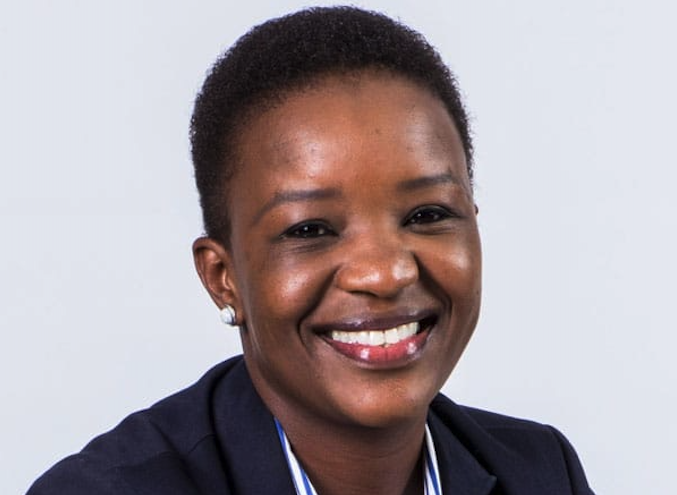Open-Ed
- Stage 8 loadshedding is all but certain this winter.
- Eskom’s expected outages of 15GW will put us on Stage 5, and any further breakdowns will ratchet up from there.
- At 18GW we will be on Stage 8, and given recent performance, unexpected outages are very likely.
- Given that there is 3GW less available generation than there was during last winter, it seems certain that we are heading for that higher peak.
For business, this will obviously be a serious challenge. Stage 8 implies half of the day will be without electricity. For firms running diesel powered generators during loadshedding, consumption is likely to spike, creating logistics and storage challenges, as well as extensive costs. Already the cost of dealing with loadshedding is a major driver of inflation and is doing serious damage to the profitability of companies. This will require extensive contingency planning by businesses across the country.
The impact on already weak business confidence is obvious. This is not the environment in which businesses are going to undertake new investment. That will feed into weaker overall economic performance with growth facing yet another setback.
This outlook would not be quite so bleak were we sticking firmly to the plan to deal with the energy crisis. The National Electricity Crisis Committee (Necom) last year pulled together the best minds on electricity and set out a plan to address the crisis as best we can, both in the short term and long term. Business rallied to support the plan, setting up the R100m Resource Mobilisation Fund, to which BLSA is a major contributor, to provide resources to fund expertise into government to implement the plan.
Related news: BLSA Chair: there are powerful actors, with strong motives both to stay out of jail and to maintain their access to resources
Necom’s Energy Action Plan has had some successes, including important amendments to the Electricity Regulation Act to free up the private sector to build new generating plants at scale. A request for proposals for battery storage has been published, with bids due in July. But key further steps are now mired in confusion and political contestation. For one thing, the Integrated Resource Plan (IRP), the roadmap for the entire energy sector, is meant to have been updated from the 2019 version but we are still waiting for the document to be released despite promises that we would get it in March. We are also meant to have made significant progress on the unbundling of Eskom’s transmission, distribution and generation units, largely to set up an independent system operator. Requests for proposals for new gas power generation was also meant to have been launched.
The painful experience of Stage 8 would be easier to endure if we had high confidence that it was the low point in our electricity recovery plan. We could by now have a new IRP to guide the whole nation on what to expect from our future electricity system. We could have had a clear path to an independent system operator that could be a neutral operator of the grid, allowing both public and private electricity generators to compete to supply the system at the best levels of reliability and cost. Instead, the plan is being buffeted from various sides, apparently unmoored from its political anchors. Last week minerals and energy minister Gwede Mantashe announced an RFP for 2.5GW of nuclear power will be launched by the end of this year – this was not part of any plan. The minister did, though, say the gas-to-power RFP will still come in this quarter and the new IRP will come in the third quarter. That IRP, which should reflect the least cost outlook for new sources of energy, must be the basis for any move toward nuclear. Given the high costs of nuclear and low costs of renewable energy, experts agree that nuclear is likely to be too expensive.
We have had further departures from the plan led by electricity minister Kgosientsho Ramakgopa, with new talk of extending the lives of Eskom’s coal plants, in conflict with transition plans that have already been agreed. Global funders have taken note of the shifting goal posts, threatening the just energy transition partnership (JETP) that was formed at COP26 to raise $8.5bn of funding for South Africa’s transition.
These missteps are going to be harder to bear as Stage 8 is implemented. It is critical that government consolidates around the Necom plan and delivers on the implementation timelines as they stand now. Business is an eager partner, ready to work where appropriate to ensure the goals are met. A sense of progress is the one comfort we should be able to have during the dark days ahead.
Author: Busisiwe Mavuso
Busi is CEO of Black Leadership South Africa (BLSA)
Disclaimer: The articles and videos expressed in this publication are those of the authors. They do not purport to reflect the opinions or views of Green Building Africa, our staff or our advertisers. The designations employed in this publication and the presentation of material therein do not imply the expression of any opinion whatsoever on the part Green Building Africa concerning the legal status of any country, area or territory or of its authorities.
















